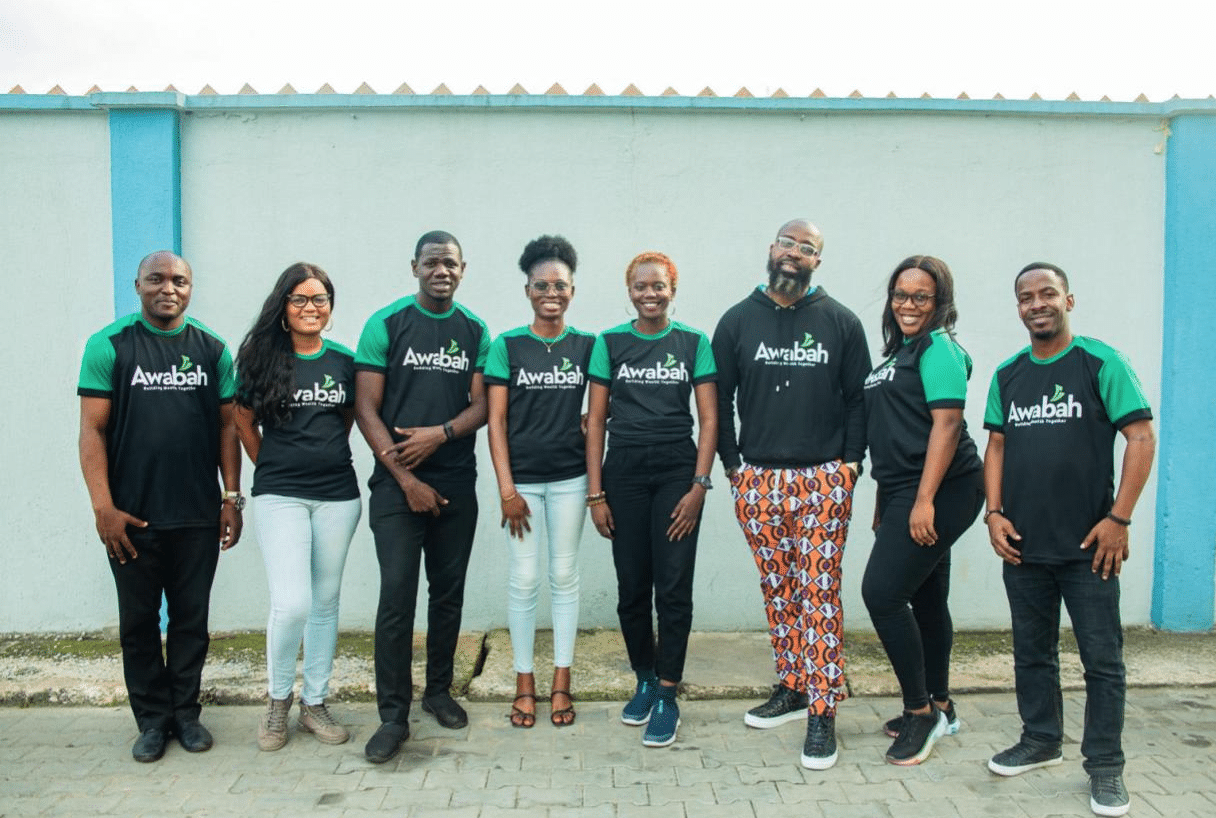The Micro Pension Plan (MPP) is a new retirement offering launched in 2019 by the Nigerian Government to cater to workers in the informal sector. It differs from the earlier established Contributory Pension Scheme (CPS) which is only available to workers in the formal sector. Seeing that informal sector workers who account for close to 80% of Nigeria’s labour force had no access to structured retirement savings, the recently established scheme is a laudable one. However, in spite of noble intentions, the scheme has recorded a dismal adoption rate as a result of the absence of infrastructure required to reach the target market.
To bridge this gap, in January 2021, after more than ten years of championing financial literacy and inclusion across several media outlets in Nigeria, Economist Tunji Andrews decided to put his principles into action by launching PensionTech startup Awabah in collaboration with a seasoned Software Engineer Tina Ajishebiyawo. They teamed up to accelerate micro pension adoption by developing a micro pension aggregator that provides access to retirement savings to informal sector workers across Nigeria. The PensionTech startup combines a digital solution with physical onboarding and remittance options to cater to a wide range of audiences.
Tunji’s vision for Awabah is not just born out of a passion for numbers. Instead, it is fueled by his experience as a child living in Mushin among older people. Particularly, he remembers an elderly “lotto” agent who was the life of the party. Baba “Hello There” as he was called was quick to give out cash but as he grew older and his lotto business waned, he began to live at the mercy of those kinds enough to give him handouts. Although this was many years ago before the advent of micro pension in Nigeria, Awabah seeks to mitigate old-age poverty by providing access to pension services to the country’s informal sector. According to Tunji, “while retirement savings does not necessarily improve the quality of life of the contributor, it does provide some financial security for them at retirement that otherwise would not exist without the scheme”. He backs his drive for financial inclusion with the required expertise to successfully execute his vision. Tunji is a well-known Finance and Policy analyst with experience anchoring business shows with local and international media. He has worked with Bloomberg Africa, Ndani TV, Bella Naija, and Wazobia FM.
Although Awabah’s core product is micro pension, its approach to building sustainable financial security for workers in the informal sector is to create a bouquet of micro-financial services that cater to the lifelong needs of these workers and make them available and accessible on demand. This is made possible by the partnerships established with businesses offering these solutions. In essence, Awabah serves as an aggregator of these services- a one-stop-shop for micro-financial services. With these services integrated into one place, informal sector workers are able to approach financial planning holistically.
In one year of operation, the company has launched operations in Lagos, Oyo, and Kwara states, registered over 12,000 people into the micro pension scheme, and established a 250 man strong agent network. In 2022, Awabah is set to expand to more states in the country and launch its digital solution in order to meet its target of onboarding 150,000 customers in the next 12 months and 5 million in 5 years. While Awabah currently operates in Nigeria, its aspirations are not limited to the country as it is looking to expand to Ghana and other African countries in the coming years. The absence of working social structures for the aged is a problem that exists across the world and is building a multi-pronged solution to address these issues. Even though this is a field not many have ventured into, Awabah believes it is capable of conquering the market.
DISCLAIMER: Brand Voice is a paid program. Articles appearing in this section have been commercially supported.
